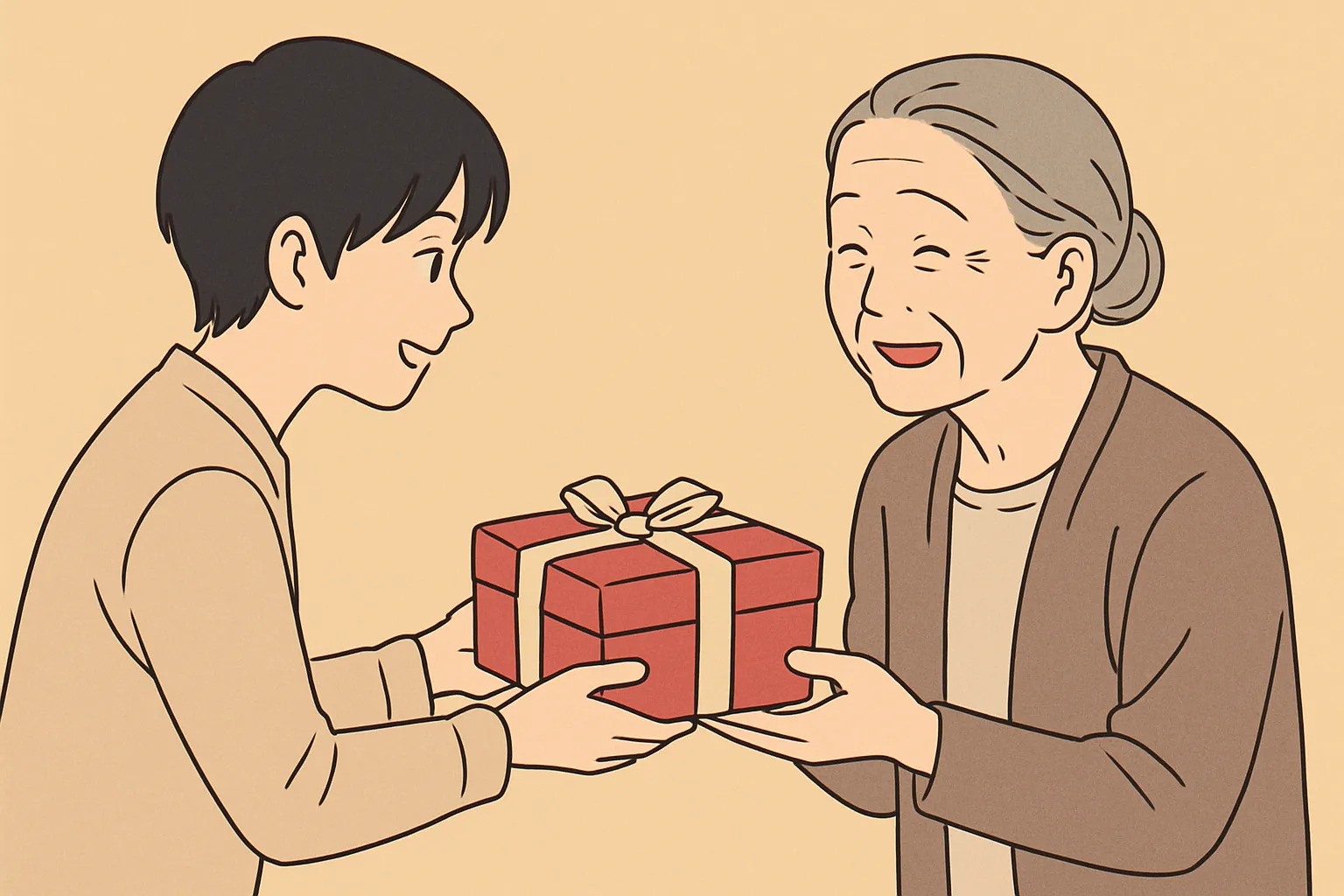Korea’s Aging Workforce: Strategies for Future Growth
Introduction
Hello! This is [Maeil Hangul], here to upgrade your Korean proficiency to a professional level!
Today, we are diving into a topic that is heavily discussed in Korean news, boardrooms, and policy debates right now: The changing labor market and the aging society.
As you may know, Korea is rapidly approaching a “Super-Aged Society” (초고령 사회). This demographic shift isn’t just a social issue; it’s a critical business challenge. How do companies manage a shrinking young workforce while utilizing experienced older employees? If you want to participate in high-level discussions about economics or business in Korea, understanding this theme is essential.
Let’s equip you with the sophisticated vocabulary and expressions needed to discuss these future workforce strategies like a native expert!
Key Expressions
Here are 4 high-level expressions often used in Korean business and economic editorials.
1. 정년 연장 (Extension of the retirement age)
- Pronunciation: [Jeongnyeon yeonjang]
- English: Extension of the retirement age
- Detail: This refers to the policy or decision to increase the legal age at which an employee must retire. Currently, the standard in Korea is 60, but there is a heated debate about raising it to 65 to combat the labor shortage.
- 💡 Pronunciation Tip:
- Nasalization (비음화): You might expect to pronounce ‘정년’ as jeong-ryeon, but it is actually pronounced [jeong-nyeon].
- Why? When the final consonant ‘ㅇ (ng)’ meets the initial consonant ‘ㄹ (r/l)’, the ‘ㄹ’ changes to an ‘ㄴ (n)’ sound for smoother flow. So, it sounds like [정년].
2. 임금 피크제 (Wage Peak System)
- Pronunciation: [Imgeum pikeuje]
- English: Wage Peak System
- Detail: This is a system where a worker’s salary is gradually reduced after a certain age (usually nearing retirement) in exchange for guaranteed employment until a later retirement age. It is often proposed as a compromise to facilitate 정년 연장 without overburdening companies.
- 💡 Pronunciation Tip:
- Linking (연음): In ‘임금 (imgeum)’, the ‘ㅁ’ sound flows naturally. ‘피크제’ is a loanword combination (Peak + System/System). Make sure to pronounce the ‘크 (keu)’ clearly but softly, without adding too much emphasis on the vowel ‘eu’.
3. 숙련된 인력 (Skilled workforce/personnel)
- Pronunciation: [Sungnyeondoen illyeok]
- English: Skilled workforce / Experienced personnel
- Detail: This describes employees who have accumulated high levels of expertise and skill over a long period. In the context of an aging society, retaining these workers is crucial for knowledge transfer (지식 전수).
- 💡 Pronunciation Tip:
- Lateralization (유음화): Look at ‘인력’. It is written as ‘in-ryeok’, but pronounced [illyeok].
- Why? When ‘ㄴ (n)’ and ‘ㄹ (l)’ meet, the ‘ㄴ’ usually changes to ‘ㄹ’. This makes the pronunciation flow like a liquid stream.
- Complex Rule: For ‘숙련’, the ‘ㄱ’ affects the ‘ㄹ’, turning it into ‘ㄴ’, and then the ‘ㄱ’ becomes ‘ㅇ’ (Nasalization). So ‘suk-ryeon’ becomes [sung-nyeon].
4. 세대 간 상생 (Intergenerational coexistence/Win-win)
- Pronunciation: [Sedae gan sangsaeng]
- English: Intergenerational coexistence / Win-win for all generations
- Detail: This is a key keyword in Korean corporate culture today. It refers to finding a way for the older generation (who stay longer) and the younger generation (who need jobs) to work together harmoniously without conflict over limited jobs.
Example Dialogue
Let’s see how these expressions are used in a strategic meeting between a HR Director (Kim) and a CEO (Lee).
Director Kim: 대표님, 내년부터 숙련된 인력의 은퇴가 급증할 것으로 예상됩니다. 대책 마련이 시급합니다.
(CEO, we expect a surge in the retirement of skilled personnel starting next year. We urgently need a countermeasure.)
CEO Lee: 맞아요. 사회적으로도 정년 연장 논의가 활발하니, 우리도 준비해야죠. 하지만 인건비 부담이 걱정입니다.
(That’s correct. Since the discussion on extending the retirement age is active socially, we must prepare too. However, I am worried about the labor cost burden.)
Director Kim: 그래서 노조와 임금 피크제 도입을 협의해 보는 건 어떨까요? 비용을 줄이면서 고용을 유지할 수 있습니다.
(So, how about discussing the introduction of the Wage Peak System with the labor union? We can maintain employment while reducing costs.)
CEO Lee: 좋은 생각입니다. 청년 채용도 줄이지 않으면서 세대 간 상생할 수 있는 방안을 보고서로 정리해 주세요.
(That’s a good idea. Please organize a report on ways to achieve intergenerational coexistence without reducing youth hiring.)
Culture Tip & Trend Deep Dive
📉 The “Population Cliff” and the “New Gray”
In Korea, the term “Population Cliff” (인구 절벽) is frequently mentioned in the news. It refers to the sudden drop in the working-age population. Because of this, the perception of older workers is shifting dramatically.
Previously, retirement meant the end of one’s career. Now, a new trend called “Active Senior” or “New Gray” is emerging. These are seniors who are healthy, digitally literate, and eager to continue working.
However, this creates a dilemma. Young people (MZ Generation) are facing a “job drought” (취업난). They worry that if older workers stay longer (via retirement extension), there will be fewer spots for new hires. That is why “Intergenerational Coexistence” (세대 간 상생) is not just a nice phrase, but a critical survival strategy for Korean society. When you use this phrase, you show a deep understanding of Korea’s current socio-economic structural issues!
Conclusion & Practice
Today, we explored high-level vocabulary related to the changing labor market and the aging workforce. These are essential terms for reading Korean economic newspapers or participating in professional discussions.
📝 Mini Quiz:
Fill in the blank with the correct expression we learned today!
“To resolve the conflict between the older and younger generations regarding jobs, we need a strategy for __________.”
(일자리 문제를 둔 신구 세대의 갈등을 해결하기 위해, __________의 전략이 필요합니다.)
- 정년 연장
- 세대 간 상생
Answer: (Check the bottom!)
Don’t be afraid to use these professional terms in your writing or speaking practice. Leave a comment below using one of today’s expressions!
See you in the next post!
(Answer: 2. 세대 간 상생)






